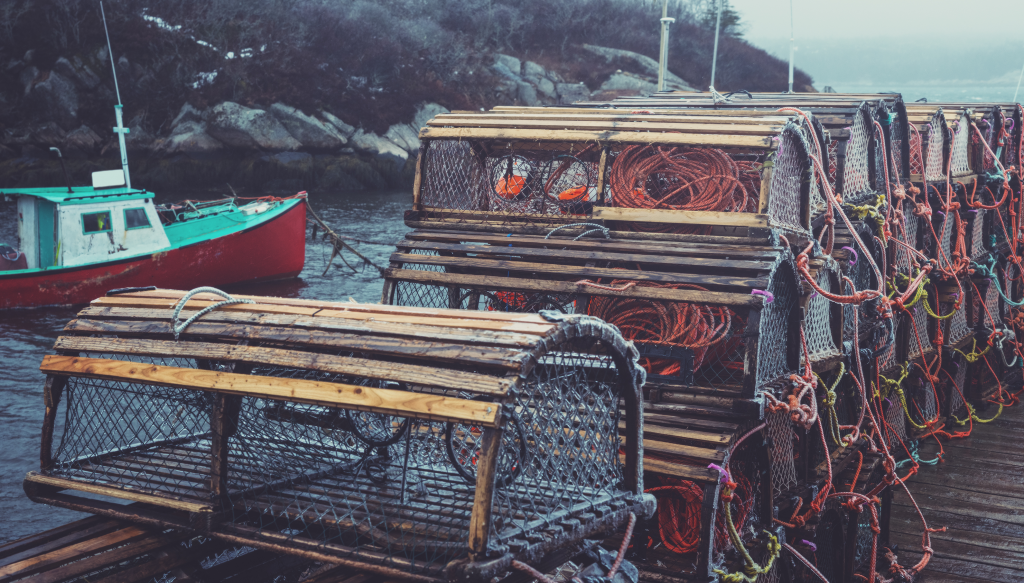TSB recommendations continue to fall on Transport Canada deaf ears
Ten years ago, off the coast of Newfoundland, a small fishing vessel sank. According to the Transportation Safety Board (TSB), a contributing factor was the lack of alarms to alert the crew that the vessel was taking on water below deck. This seemed like an obvious request for a safety measure that has yet to be adopted.
It was exactly on September 12, 2009 when the Sea Gypsy Enterprises sank 130 kilometres east of Cape Spear. Three fishermen were saved, the body of a fourth crew member was found on the scene, and another crew member was lost at sea.
What is disappointing is that this same recommendation was made previously but Transport Canada didn’t act. “Matter of fact, in 1994, we issued a recommendation to make sure that large fishing vessels are equipped with this type of equipment,” said Pierre Murray, Transportation Safety Board’s Manager of Regional Operations for Atlantic Canada.
In an interview with CBC published on October 3, 2019, Murray said that, to date, Transport Canada had not given enough consideration to this recommendation. Transport Canada had said that it has amended Fishing Vessel Safety Regulations which will be published in late 2020 and which will update the current construction requirements for small fishing vessels
Unfortunately, there are still too many of TSB recommendations that are outstanding. In its October 2018 Watchlist report, 62 of TSB recommendations for all modes of transportation had been issued over a decade ago but had not been addressed; 22 of these are more than 20 years old. The majority of these are still considered active cases.
UCTE has long been advocating that TSB should have enforcement powers and not recommendatory. Safety of people should always be a priority. “The current system allows Transport Canada to ignore TSB’s impartial recommendations. There is nothing that can defend why it has taken almost 25 years for government to make the installation of water sensors to still be under consideration” said Dave Clark, UCTE National President.
